5 Psychiatric Myths Debunked
Psychiatry, like many fields of medicine, is often misunderstood. Misconceptions about mental health treatment can prevent people from seeking the help they need. These myths can lead to stigma, misinformation, and hesitation when it comes to receiving proper care. It’s time to set the record straight. Here are 5 psychiatric myths debunked.
Myth #1: Psychiatric Medications Change Your Personality
One of the biggest concerns people have about psychiatric medications is the fear that they will alter their personality. This misconception often leads to reluctance in seeking pharmacological treatment for mental health conditions. In reality, psychiatric medications are designed to help regulate mood, thoughts, and behaviors without changing who you are at your core. The goal is to help individuals regain control over their emotions and function more effectively in daily life. When prescribed thoughtfully and monitored closely, these medications can be life-changing for many people, allowing them to feel more like themselves rather than less.
Myth #2: Mental Illness is a Sign of Weakness
Mental illness is not a personal failure or a sign of weakness. It is a medical condition that affects millions of people worldwide, regardless of age, gender, or background. Just like heart disease or diabetes, mental health conditions often have genetic, biological, and environmental factors at play. Seeking treatment for mental health concerns is a sign of strength, not weakness. It takes courage to acknowledge struggles and take steps toward healing. Stigma surrounding mental health continues to be a barrier for many, but increased awareness and education can help break down these misconceptions.
Myth #3: Therapy is Only for Serious Mental Illnesses
Many people believe that therapy is only necessary for individuals with severe psychiatric conditions, but this is far from the truth. Therapy can be beneficial for anyone experiencing stress, relationship issues, grief, or personal growth challenges. It provides a space to explore thoughts and emotions, develop coping strategies, and build a deeper understanding of oneself. Solution-focused therapies, like those offered at Compass Psychiatric Wellness, are designed to meet individuals where they are and guide them toward where they want to be. Whether dealing with a major crisis or seeking personal development, therapy is a valuable tool for mental wellness.
Myth #4: Psychiatric Medications Are a Quick Fix
While medications can be an essential component of mental health treatment, they are not a one-size-fits-all solution or a magic cure. Psychiatric treatment is most effective when combined with lifestyle changes, therapy, and other supportive interventions. Mental health professionals at Compass Psychiatric Wellness emphasize a holistic approach to treatment, recognizing that factors such as sleep, nutrition, relationships, and stress management play critical roles in overall well-being. Effective treatment requires time, collaboration, and commitment to a well-rounded approach to healing.
Myth #5: Once You Start Psychiatric Medication, You’re on It for Life
Another common myth is that once someone starts taking psychiatric medication, they will need to stay on it forever. While some conditions may require long-term treatment, many people take medication temporarily to help manage symptoms while they work on coping skills, lifestyle changes, and therapy. Medication management at Compass Psychiatric Wellness is tailored to each individual’s needs, focusing on conservative and evidence-based prescribing. The goal is always to provide the best possible outcome, whether that means continuing medication long-term or tapering off when appropriate.
Breaking the Stigma and Seeking Help At Compass Psychiatric Wellness
Understanding the realities of psychiatric care is essential in promoting mental health and reducing stigma. At Compass Psychiatric Wellness, the focus is on providing accessible and personalized treatment, whether in-person or online, for individuals in Oregon and Washington. Their approach combines comprehensive psychiatric medication management with brief psychotherapy, ensuring that each client receives a treatment plan tailored to their unique needs. If you or a loved one is struggling with mental health concerns, know that help is available and recovery is possible. Breaking free from psychiatric myths is the first step toward a healthier, more balanced life. Contact Compass Psychiatric Wellness to start a conversation TODAY!
